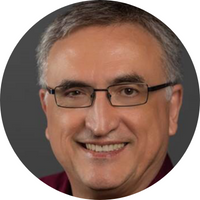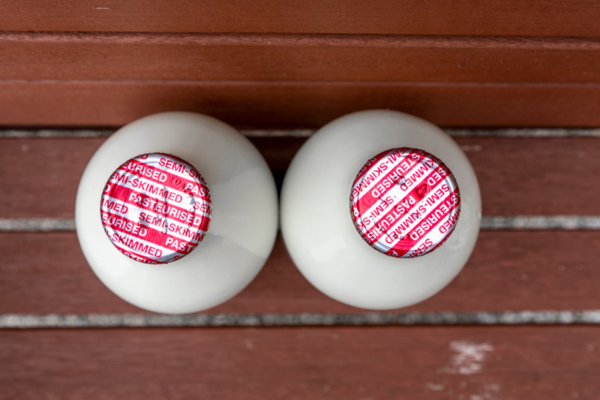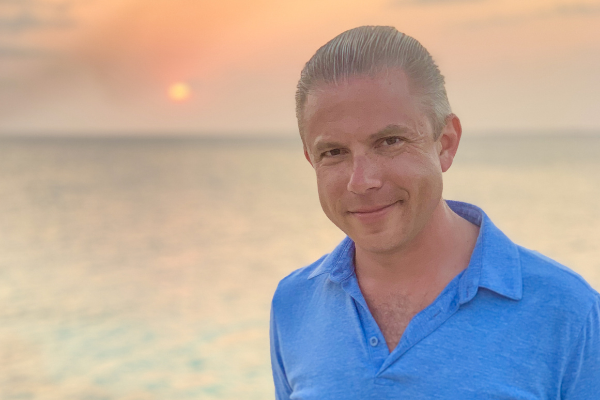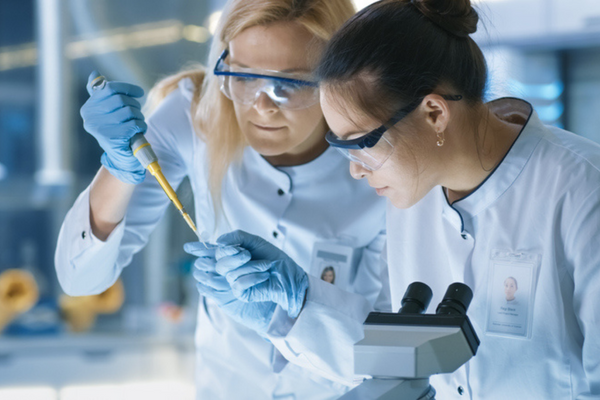
What non-technical skills are most responsible for your career success with Dow?
I have been consistently rated at work as demonstrating exceptional strength in “Collaborating for Superior Results”, which is corporate speak for teamwork. I am also perceived as having “passion and positive energy, focuses on the opportunity and not just the obstacle, calm and focused, and good at encouraging group to explore options when faced with roadblocks”. These are all valuable traits, which allow anyone to grow successful careers.
How did your parents influence your leadership style?
My parents stressed the importance of education, self-reliance, and weighing the consequences of important choices in life. They did not teach me about probabilities, uncontrolled variables, and random effects. I learned about that later in school and life.
What’s the secret to working well in a team environment, something employers of chemists these days view as an almost non-negotiable skill?
A shared purpose, respect for each other, trust, candid communication (engage in unfiltered conflict around ideas), commitment to decisions and plans of actions, hold each other accountable, and focus on achieving and celebrating collective results.
What was your greatest hope - and your greatest apprehension - about relocating from the U.S. to the Netherlands in 2006 as a Dow employee? What is the profile of a person who would be successful in making such a move?
We hoped to grow from new life experiences. The apprehension was about being resilient enough to thrive. The move was low risk since we both had jobs in the Netherlands, our employer helped us navigate the transitions, and the change was reversible, though with no provisions from our employer to transfer us back to the U.S.
Soft skills such as open-mindedness, resilience, and willing to learn and engage life in new ways are important for living overseas.
Both you and your wife, Carolyn, work for Dow Benelux. What are the pros and cons in terms of a couple working for the same employer?
We are both proud Dow employees. Dow is recognized as a best workplace by Great Place to Work® for its inclusive culture.
We have in each other a trusted mentor and confidant at work, with whom we can discuss most topics. Working in global teams, we have been even able to jointly schedule business visits to sites overseas.
The only con is that all our “eggs” are in this one basket.
What led you to pursue a PhD? How would your career trajectory have differed without it?
After earning a BS, I worked at a Copper Smelter for one year, and then was offered a NATO scholarship for pursuing graduate studies in the U.S. The decision to quit the job and go to graduate school was not difficult.
It turned out that the Smelter went bankrupt a few years later, but being a scientist, I have no doubt I would have found a way to be productive and contribute to society. I probably would have remained in Spain.
Many ACS members have a PhD, and it’s a great accomplishment. But relatively few have a Six Sigma Master Black Belt certification. Take a moment and sell them on the practical benefits of the Six Sigma Black Belt, and explain how it might advance their careers.
Six Sigma is a data-driven methodology, which adapts the scientific method for business improvements, and is widely applicable to R&D, manufacturing, and services. It requires project management and team dynamic skills. A martial arts terminology is used: Master Black Belts fulfill the technical leader role, coaching Black, Green, and Yellow Belts, who work on improvement projects at different levels of expertise and time commitment.
Six Sigma can help researchers improve the way they do their work, and are marketable skills. Is it more difficult for a mid-career chemist today than in the past? What advice do you have to help them thrive in this challenging environment?
We live in a volatile, uncertain, complex and ambiguous (VUCA) world, the latest example being COVID-19, but that belongs to the sphere of concern, over which chemists do not have control. Instead chemists should focus on what can they control, such as maintaining current an inventory of technical and soft skills, demonstrating flexibility, being easy to work with, and focusing on delivering value to the organization.
You have been with Dow 29 years – a remarkable run during a period characterized, generally, by great disruption in the chemical industry. How have you consistently demonstrated sufficient value to the company to warrant that level of seniority?
By being a life-long learner, demonstrating flexibility, working well in teams, and being client focused.
How would you characterize the workplace environment for female chemists starting their careers today vs. when you began your career? What advice do you have for women chemists?
Way back, manufacturing plants lacked women sizes of lab coats, or conveniently located bathrooms for women. Today, the value of diversity is recognized and smart institutions are hiring, nourishing, and promoting women. One of the Employee Resource Groups that Dow sponsors is a Women Inclusion Network (WIN), of which I am an active member.
My advice is to find men and women mentors, join support networks, speak up, and be visible.

Al has a PhD in Chemistry and is a certified Six Sigma Master Black Belt. He started his Dow career in Analytical Sciences R&D, developed expertise in polymer characterization and contributed to the startup of a lab in Argentina. Al moved into a Six Sigma role in 2000 to strengthen his project leadership and problem solving skills, and drove improvements in manufacturing, R&D, maintenance, purchasing, commercial, and EH&S work processes. He is currently in the role of Human Resources’ Global Metrics Lead responsible for Improving HR Operational Excellence. Al has worked for Dow for 29 years and is located in the Netherlands.
Al is an ACS fellow and currently a member of the Committee on Chemical Safety of the ACS.
This article has been edited for length and clarity. The opinions expressed in this article are the author's own and do not necessarily reflect the view of their employer or the American Chemical Society.
Copyright 2020 American Chemical Society (All Rights Reserved)







